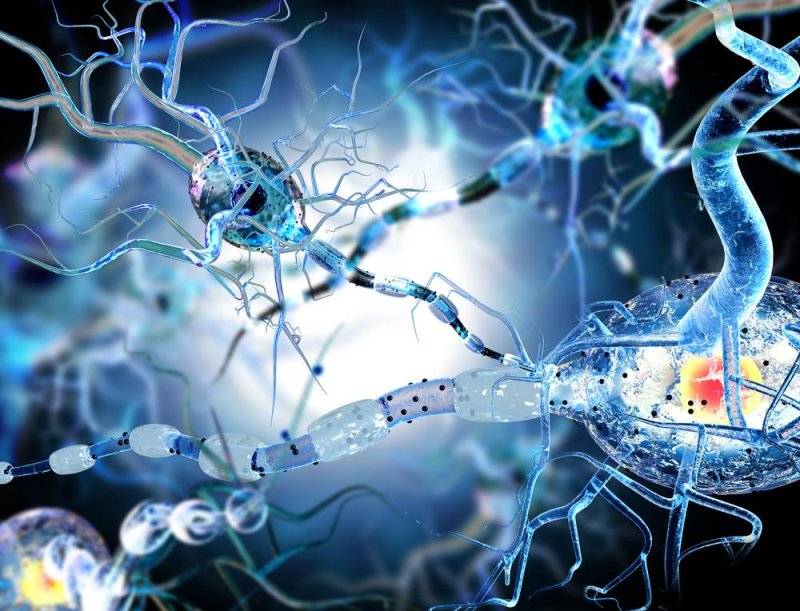- Aug 5, 2010
- 6,673
- 3,307
- 250
What a stupid statement. It is true the meds can affect mood, behavior, memory and critical thinking. But it is rare and usually happens when two or more medications are used in conjunction. I really doubt he'd be on the court if this were the case.








